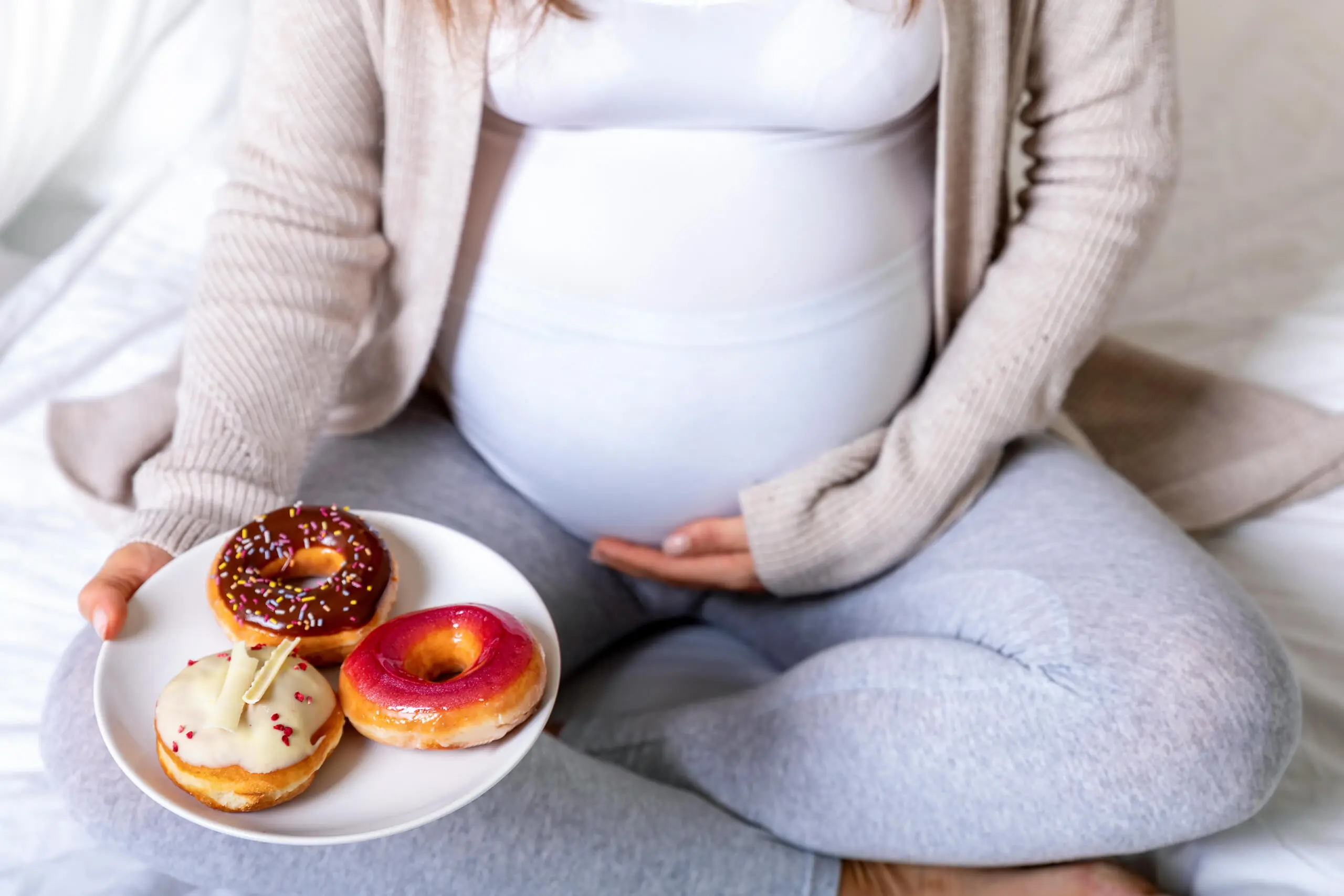Motherhood is overwhelming yet exciting at the same time. Right from the baby’s first movement to morning sickness, you will cherish every moment. However, if you have a high-risk pregnancy, you or your baby may be at greater risk of health problems before, during, or after delivery. Throughout the pregnancy, special monitoring or care is usually required. Understanding the risk factors and following the tips to prevent them is what you can do to protect yourself and your baby.
What Are the Factors of A High-Risk Pregnancy?
Maternal pregnancy: The woman’s age is one of the most common risk factors for a high-risk pregnancy treatment. Women under the age of 17 and over the age of 35 are at a higher risk. Teens who are pregnant are more likely to develop high blood pressure and anaemia. After the age of 40, the risk of miscarriage and genetic defects increases even more.
Pre-existing medical conditions: The health of a woman is extremely important during her pregnancy. Those who have high blood pressure, diabetes, lung, kidney, or heart problems, as well as autoimmune or sexually transmitted diseases, are at a higher risk of miscarriage or other complications.
Pregnancy-related issues: Certain infections, a shortened cervix, or a previous premature birth can all put a pregnant woman and her foetus at risk for premature labour.
Multiple Pregnancy: Carrying multiples (twins, triplets, etc.) raises a woman’s chances of premature labour, gestational diabetes, and high blood pressure.
Obesity: Obesity affects nearly 35% of all women of reproductive age. Obesity during pregnancy increases the risk of preeclampsia, gestational diabetes, miscarriage, stillbirth, and recurrent miscarriage.
Lifestyle choices: Cigarette smoking and alcohol consumption can adversely impact a pregnancy. Smoking during pregnancy increases the foetus’s risk of premature birth and certain birth defects. Even second-hand smoke can be harmful to a pregnant woman’s health and that of her developing foetus. Alcohol is passed directly to the foetus through the umbilical cord during pregnancy, resulting in abnormal facial features, short stature, and low body weight.
Pregnancy history: A history of pregnancy-related hypertension disorders, such as preeclampsia, increases your chances of being diagnosed with this condition during your next pregnancy. If you had a premature birth in your previous pregnancy or if you’ve had multiple premature births, you’re more likely to have another premature birth in your next pregnancy.
READ – Understanding the Process of Fertilisation
How to Prevent Chances of a High-Risk Pregnancy?
-
Begin Your Pregnancy at a Healthy Weight
Maintaining a healthy weight can lessen the chances of complications. Being underweight can result in poor nutrition for your growing baby and a premature birth, whereas being overweight can result in a smaller-than-expected baby and an increased risk of preeclampsia, a complication characterised by high blood pressure and organ damage, most commonly to the liver and kidneys.
-
Put Yourself First
Making self-care a priority will result in a better outcome for both you and your baby. This includes eating a healthy diet, limiting exposure to toxins and harmful environmental factors, exercising, getting enough sleep, and avoiding stressful situations. Because there is a link between stress and disease, living a healthy lifestyle can help you have a better pregnancy and delivery.
-
Plan Your Kids During Your Prime Childbearing Years
Being the right age can help you be strong and prepared to endure pregnancy and childbirth. If you are under the age of 20, you may not have finished growing completely, and pregnancy can be difficult for both you and your child. If you are over the age of 35 and expecting your first child, your chances of complications and birth defects increase.
-
Inform Your Doctor About Pre-existing Health Conditions
Inform your doctor if you have any health concerns, use daily medications or supplements, or suffer from chronic illness or pain. They would be able to assist you in developing a pregnancy and birth plan that takes into account your current difficulties.
-
Don’t Drink or Smoke
Alcohol and cigarettes can affect a baby’s health in the early stages of pregnancy, even before a woman realises she is pregnant. As a result, women who may become pregnant should avoid drinking and smoking.
Understanding the risk factors that can lead to a high-risk pregnancy is only the first step toward a healthy delivery. The next step is to prevent it from happening. To diagnose and treat, schedule an appointment with one of the best gynaecologists in India at Apollo Cradle where the experts combine their knowledge, experience, and cutting-edge technology to give you the best treatment.



